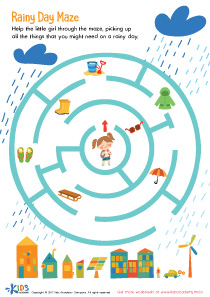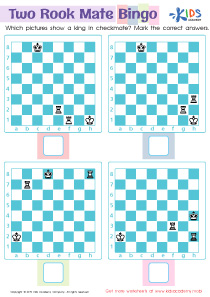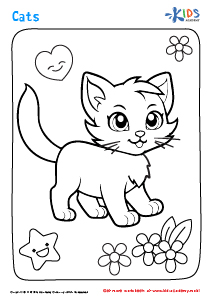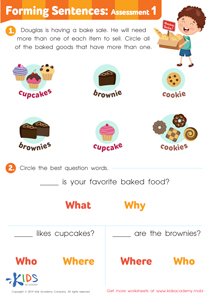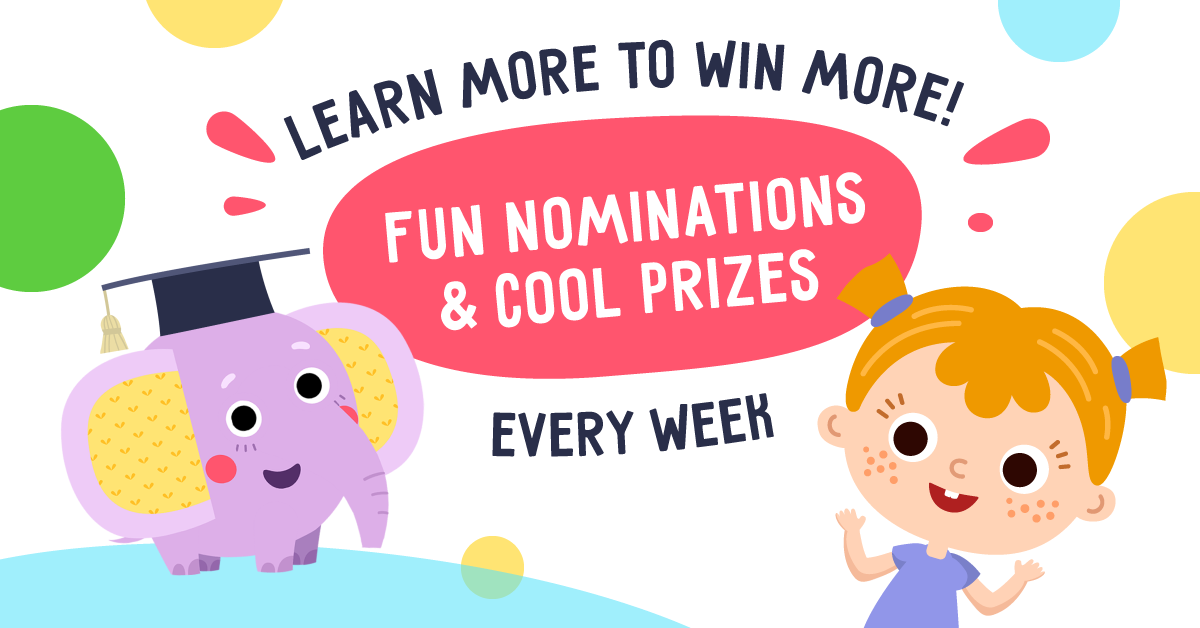Normal Early Literacy Skills Quizzes for 4-Year-Olds
7 results
7 filtered results
Clear all filters7 filtered results
-
From - To
Explore our Normal Early Literacy Skills interactive assessment quizzes designed specifically for 4-Year-Olds. Engaging and educational, these quizzes are tailored to analyze and enhance your child's foundational literacy skills, paving the way for a lifelong journey of reading and writing. As your child navigates through each quiz, they receive immediate feedback, reinforcing their learning and identifying areas for improvement. Our quizzes cover a wide range of topics essential for early literacy development, making learning both fun and effective. Join us in nurturing your child's love for reading and writing with our Normal Early Literacy Skills quizzes for 4-Year-Olds.
Understanding the foundational blocks of reading and writing is crucial for young learners, and this is where our Normal Early Literacy Skills interactive quizzes for 4-Year-Olds come into play. These quizzes are designed with the cognitive and developmental stages of young children in mind, ensuring that they are both engaging and educational. Engaging children in these activities can significantly enhance their early literacy skills, setting a strong foundation for their future learning journey.
Early literacy skills encompass a broad range of abilities, including phonemic awareness, vocabulary development, understanding the basics of print, and storytelling. For 4-year-olds, these skills are at a budding stage, and nurturing them through interactive quizzes can be both fun and effective. Our quizzes are crafted to be intuitive, allowing children to interact with the content through playful means such as matching letters to sounds, identifying words that rhyme, and sequencing events in a story.
One of the key benefits of our Normal Early Literacy Skills quizzes for 4-Year-Olds is their ability to adapt to the individual learning pace of each child. Unlike traditional rote learning methods, these quizzes provide immediate feedback, allowing children to understand their mistakes and learn from them in real-time. This instant feedback mechanism is essential for building confidence in young learners, encouraging them to explore more challenging aspects of reading and writing without the fear of failure.
Moreover, the quizzes cover a wide array of topics that are crucial for developing early literacy skills. For instance, they introduce children to the alphabet in a way that emphasizes the sound each letter makes, rather than just its name. This phonemic awareness is vital for reading readiness, as it helps children decode words more efficiently. Additionally, by incorporating vocabulary exercises, children are exposed to new words in varied contexts, enhancing their language comprehension and usage.
The interactive nature of the quizzes ensures that learning is not a passive experience. Children are actively engaged in the process, using their hands and minds to manipulate the digital elements of the quiz. This hands-on approach not only makes learning more enjoyable but also aids in the retention of information. The colorful graphics and playful sounds are designed to capture the attention of 4-year-olds, making learning a visually stimulating experience.
Incorporating these quizzes into the daily or weekly routine of a 4-year-old can significantly enhance their readiness for school. By familiarizing children with the basics of literacy at an early age, we can pave the way for a smoother transition into formal education. Furthermore, these quizzes can serve as a valuable tool for parents and educators to track the progress of their children's literacy development, allowing for timely intervention if any areas of concern arise.
In conclusion, our Normal Early Literacy Skills interactive quizzes for 4-Year-Olds are an invaluable resource for nurturing the reading and writing abilities of young children. They offer a fun, engaging, and effective way to bolster the foundational literacy skills that are essential for success in school and beyond. By investing in these early literacy activities, we can help ensure that every child has the opportunity to become a confident and proficient reader and writer.

